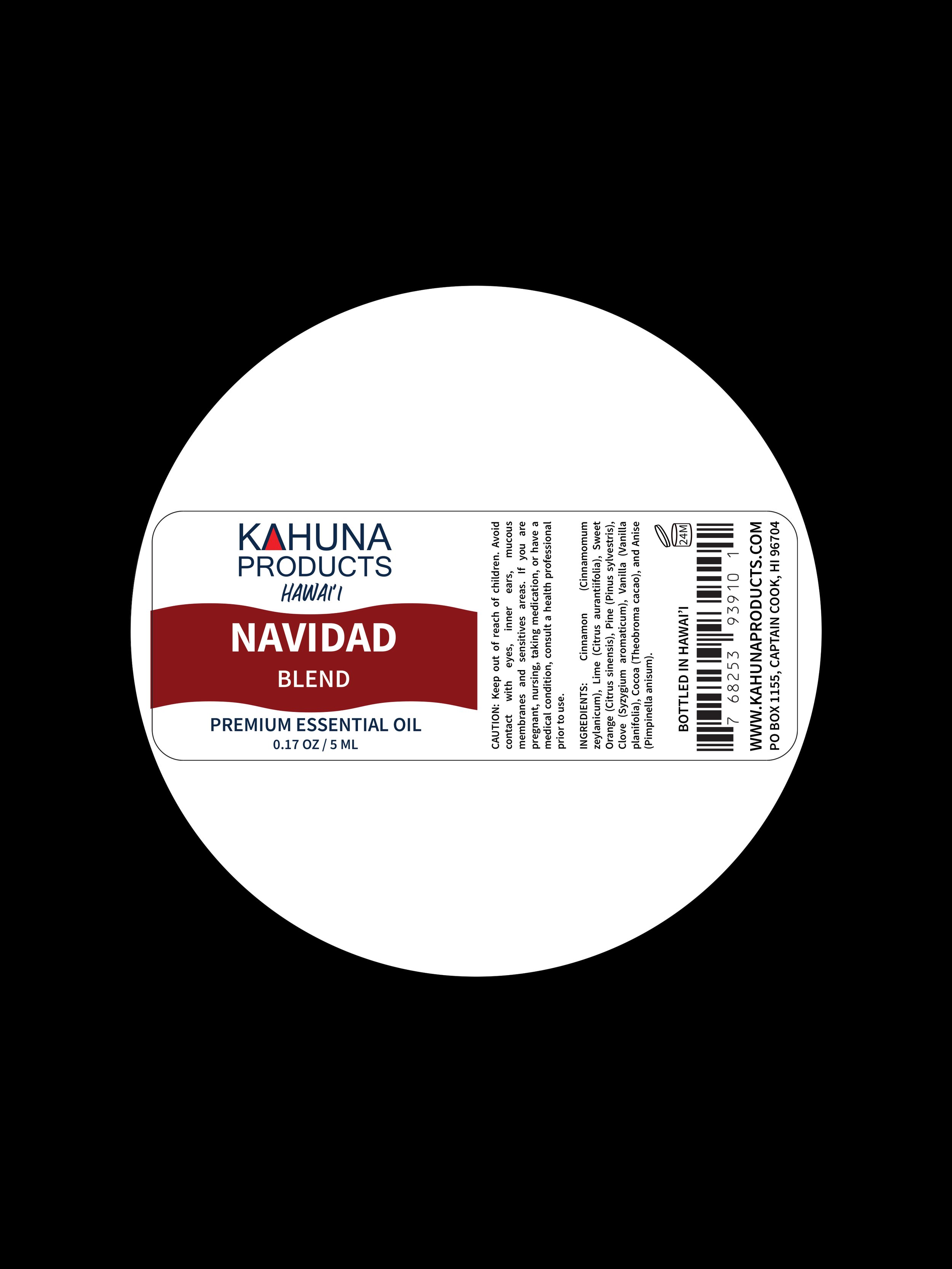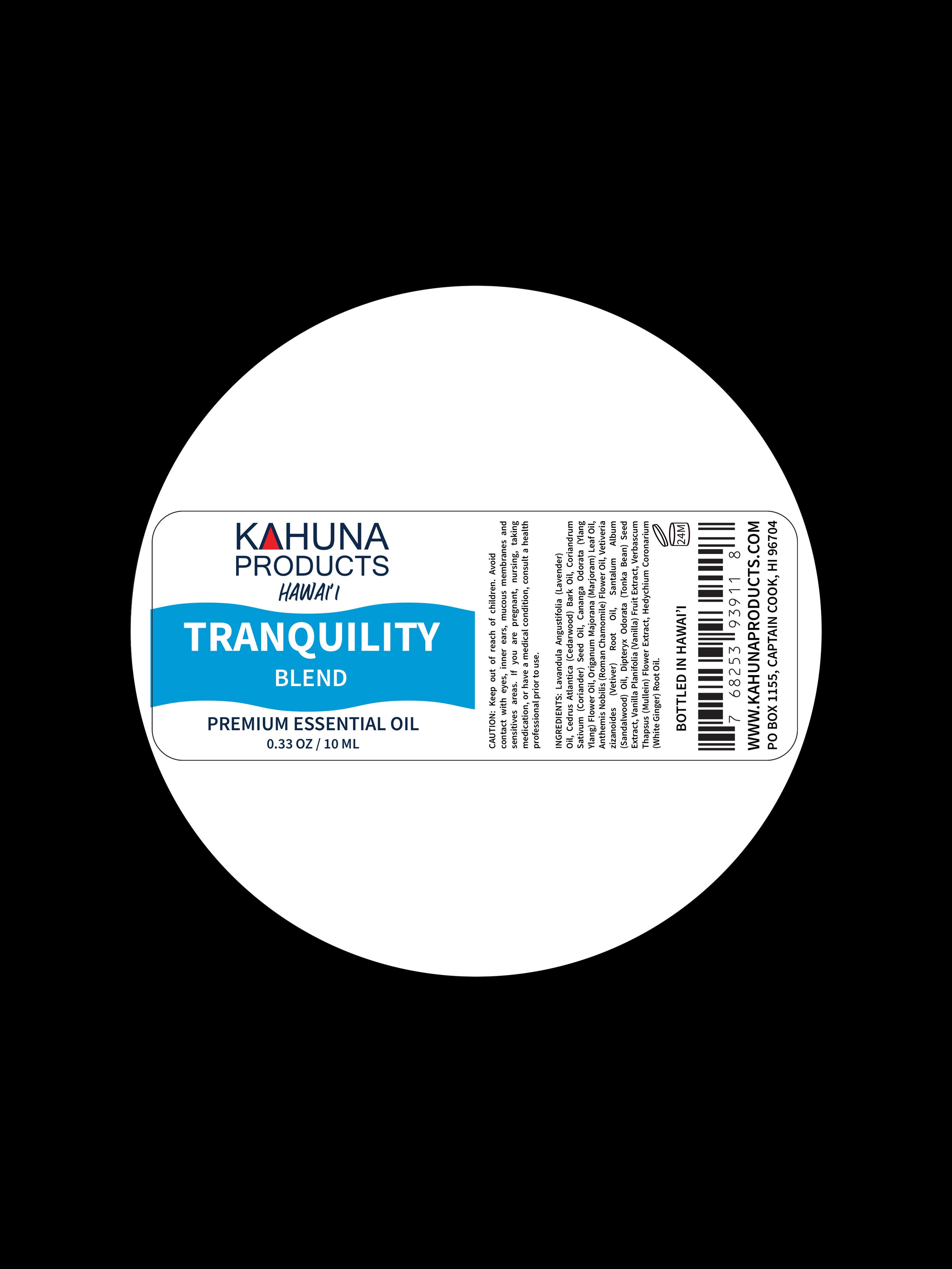-
INCI NAME: Thymus Vulgaris Flower/Leaf Oil.
ORIGIN: Spain. Bottled in Hawai’i.
PART USED: Leaves and Tops.
EXTRACTION METHOD: Steam Distilled Essential Oil.
NOTE CLASSIFICATION: Middle to Top Note.
-
Thyme essential oil blends well with a variety of other essential oils, enhancing both its therapeutic properties and its aromatic profile. Here are some essential oils that blend well with Thymus vulgaris essential oil:
Essential Oils that Blend Well with Thyme Essential Oil
Lavender (Lavandula angustifolia):
Benefits: Combines the calming and relaxing properties of lavender with the stimulating and antimicrobial effects of thyme.
Aromatic Profile: Creates a balanced and soothing scent with herbaceous and floral notes.
Rosemary (Rosmarinus officinalis):
Benefits: Enhances respiratory and cognitive benefits, as both oils are known for improving concentration and clearing respiratory passages.
Aromatic Profile: A fresh, herbaceous blend that invigorates and stimulates.
Eucalyptus (Eucalyptus globulus):
Benefits: Amplifies the respiratory benefits and provides strong antimicrobial and decongestant properties.
Aromatic Profile: A crisp, clean scent that is refreshing and clearing.
Lemon (Citrus limon):
Benefits: Adds a bright, uplifting note and enhances the antibacterial properties, making the blend great for cleaning and purifying.
Aromatic Profile: A fresh, citrusy aroma that energizes and refreshes.
Tea Tree (Melaleuca alternifolia):
Benefits: Boosts antifungal, antibacterial, and antiviral properties, creating a powerful blend for skin issues and infections.
Aromatic Profile: A medicinal, earthy scent that is potent and purifying.
Peppermint (Mentha piperita):
Benefits: Enhances the invigorating and cooling effects, useful for respiratory issues, headaches, and muscle pain.
Aromatic Profile: A minty, fresh aroma that is stimulating and refreshing.
Clary Sage (Salvia sclarea):
Benefits: Provides calming and stress-relieving properties, balancing the stimulating nature of thyme.
Aromatic Profile: An earthy, herbaceous scent with a slightly floral undertone.
Frankincense (Boswellia carterii):
Benefits: Adds grounding and meditative qualities, enhancing the immune-boosting and anti-inflammatory effects.
Aromatic Profile: A rich, resinous aroma that is warm and soothing.
Geranium (Pelargonium graveolens):
Benefits: Balances hormonal effects and enhances skin healing properties.
Aromatic Profile: A sweet, floral scent that adds a soft, feminine touch.
Cypress (Cupressus sempervirens):
Benefits: Enhances respiratory and circulatory benefits, promoting relaxation and reducing stress.
Aromatic Profile: A woody, evergreen scent that is grounding and refreshing.
Blending Tips
Proportions: Start with a small amount of thyme oil and adjust according to your preference and the purpose of the blend. Thyme oil is potent, so a little goes a long way.
Carrier Oils: When using blends for topical application, dilute essential oils with a carrier oil such as jojoba, coconut, or almond oil.
Experiment: Aromatherapy is personal, so experiment with different combinations to find what works best for you.
By blending thyme essential oil with these complementary oils, you can create effective and pleasant aromatherapy experiences tailored to your specific needs.
-
They can be inhaled directly from the bottle, diffuser, or humidifier.
They should be diluted with a carrier oil when applied to your skin. We suggest a 4% dilution rate.
You can also add them to your favorite skincare products.
Essential oils are not safe for consumption unless you are under a health practitioner's guidance.
-
100% Pure Essential Oil.
Unrefined, Undiluted, No Fillers, No Synthetics, Organic, and Sustainably sourced.
-
0.33 oz / 10 ml
Amber glass bottle with euro dropper.
-
Keep out of reach of children. The bottles are a choking hazard. Avoid contact with eyes, inner ears, mucous membranes, and sensitive areas. If you are pregnant, nursing, taking medication, or have a medical condition, consult a health professional prior to use.
Animals are more sensitive to certain scents; consider your pets while choosing essential oils.
While not all essential oils have the same effect on everyone, the key is finding which ones work best for you. You are the individual and know what is best for you. So experiment and find your path.
The products described on this website are not intended to diagnose, treat or prevent any disease or to affect any structure or function of the skin or body. The information on this website is not medical advice and is not a substitute for consulting with a healthcare provider.







